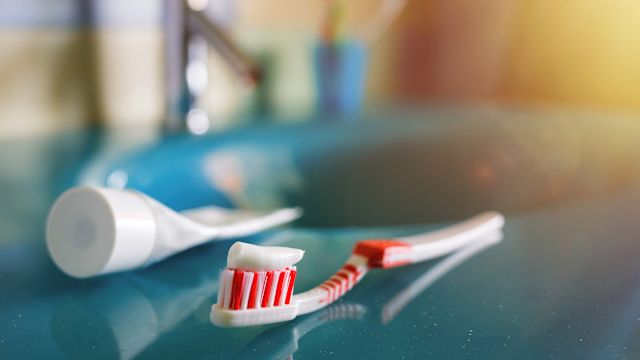Updated on March 26, 2024
Dental health and diabetes go together. Diabetes makes gum disease more likely, and preventing and treating gum disease can help improve blood sugar control, diabetes management and overall health, according to the American Dental Association and the American Diabetes Association.
"The bacteria that live in your mouth love sugar," explains William DeVizio, DMD. "People with diabetes often have higher levels of sugar in their body, which means the bacteria in their mouth have more sugar to work with and can cause more damage."
High blood sugar makes your teeth and gums more sensitive, speeding up pre-existing gum disease. Greater sensitivity makes your gums and teeth more prone to inflammation and infection, which can gradually erode the tissues that keep your teeth firmly in place. In addition to gum disease, certain fungal diseases such as thrush (an oral yeast infection) are also more common, says Jonathon P. Levine, DDS, a New York dentist and associate professor at the NYU school of dentistry,
Try these tips to keep your mouth healthy.
Treat your teeth with care
Be extra careful with your morning and evening teeth-cleaning routine. Brush and floss carefully using a fluoride toothpaste, and use a gum-stimulating rubber pick between your teeth to prevent plaque buildup. Your dentist may also recommend using an antimicrobial mouthwash for additional protection.
See a dentist regularly
Inflammation can develop quickly when you have diabetes, so you'll need to see your dentist more often, says Levine. Visit your dentist at least every four months for cleanings and at least twice a year for checkups. Cleanings remove deposits that make it harder to keep teeth clean. Checkups allow your dentist to check for and, if needed, treat gum disease.
Aim to keep your blood sugar in your target range
To keep sugar levels in your mouth as low as possible—and decrease the growth of bacteria—do the best you can to manage your blood sugar. Aim for a healthy diet, take medications, and follow all instructions from your diabetes healthcare team.
Watch for dental problems
See your dentist right away if you notice any of these symptoms:
- Red, swollen, or sore gums
- Bleeding gums
- Teeth that feel loose or have moved noticeably in position
- Changes in how your teeth come together, such as teeth starting to hit together when you chew
- Persistent bad breath or a bad taste in your mouth that doesn't go away with brushing
- Bridges or dentures that no longer fit correctly
- An infected or pus-filled area between teeth





